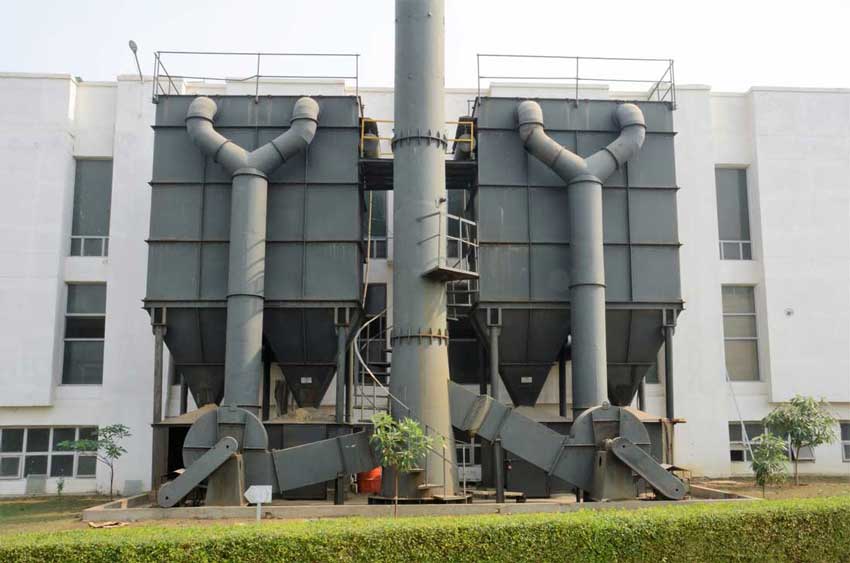Airfilt industrial and commercial settings, maintaining air quality is crucial for both the health of employees and the efficiency of operations. A Centralized Dust Collector serves as an effective solution to manage airborne dust and particulates, ensuring a cleaner and safer work environment. Here, we’ll explore the numerous benefits of installing a centralized dust collector in your facility.

1. Improved Air Quality
One of the primary advantages of a Centralized Dust Collector is its ability to significantly improve indoor air quality. By capturing and filtering dust particles at the source, these systems prevent pollutants from circulating in the air. This not only protects the health of your workforce but also enhances overall workplace comfort and productivity.
2. Enhanced Workplace Safety
Dust accumulation can pose serious safety hazards, such as slip and fall risks, fire hazards, and respiratory issues among employees. A Centralized Dust Collector helps mitigate these risks by removing dust from the work environment. By reducing dust levels, businesses can comply with safety regulations and foster a safer workplace culture.
3. Increased Equipment Lifespan
Excessive dust can lead to the premature wear and tear of machinery and equipment. Dust particles can infiltrate sensitive components, causing malfunctions and requiring frequent maintenance. By implementing a Centralized Dust Collector, facilities can protect their equipment, reducing downtime and repair costs and ultimately extending the lifespan of valuable assets.
4. Cost-Effectiveness
While the initial investment in a Centralized Dust Collector may seem significant, the long-term savings can be substantial. By reducing equipment maintenance costs, improving energy efficiency, and minimizing health-related expenses, businesses can see a strong return on their investment. Moreover, many centralized systems are designed to operate efficiently, which can lower energy bills over time.
5. Scalability and Flexibility
Centralized dust collectors can be designed to accommodate various facility sizes and layouts. As your business grows, these systems can be easily scaled or modified to meet new demands. This flexibility allows you to adapt to changing operational needs without requiring a complete overhaul of your dust collection system.
6. Environmental Compliance
Many industries are subject to stringent environmental regulations regarding air quality and emissions. A Centralized Dust Collector can help ensure compliance with these regulations, preventing potential fines and legal issues. By maintaining a cleaner environment, your facility can contribute positively to the surrounding community and reduce its environmental footprint.
7. Operational Efficiency
Centralized dust collectors streamline the dust collection process, providing a centralized location for dust filtration and disposal. This system can reduce the need for multiple localized dust collection units, simplifying maintenance and operations. With a more efficient system in place, facilities can focus on core operations, enhancing overall productivity.
Conclusion
Investing in a Centralized Dust Collector is a strategic decision for any facility looking to enhance air quality, ensure employee safety, and promote operational efficiency. By mitigating dust-related issues, businesses can not only comply with regulations but also foster a healthier work environment. As industries continue to prioritize sustainability and employee welfare, centralized dust collection systems are becoming an essential component of modern facilities.
Airfilt is India’s leading manufacturer of Centralized Dust Collector. You can contact them for further information regarding the Centralized Dust Collector at
This post was created with our nice and easy submission form. Create your post!





